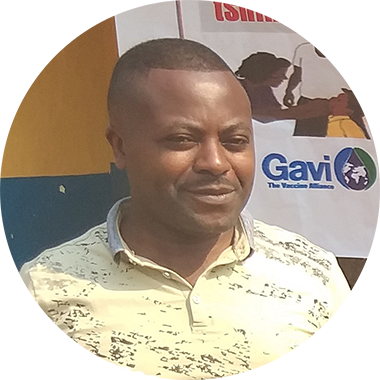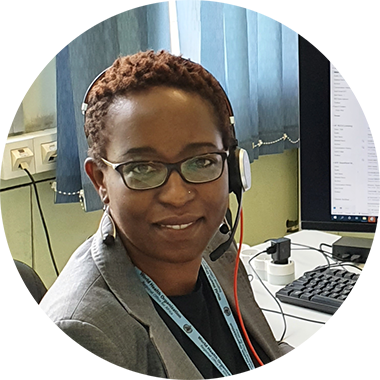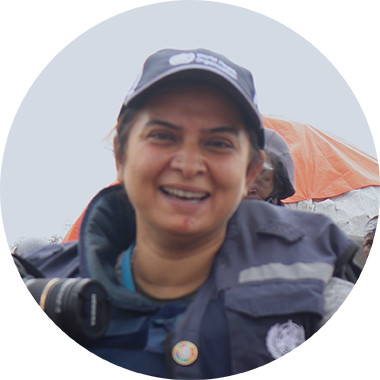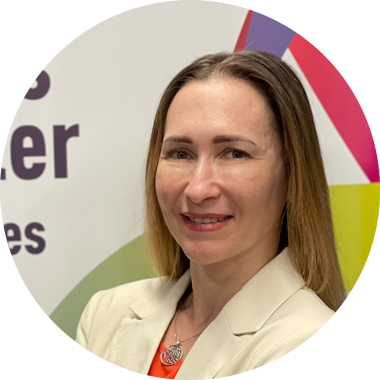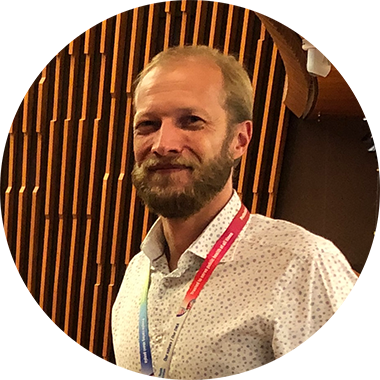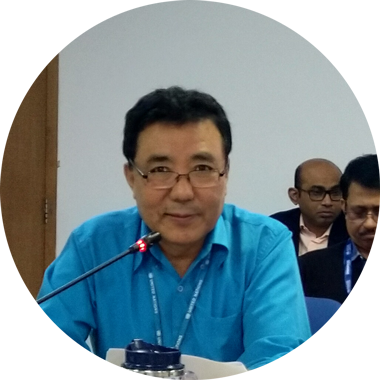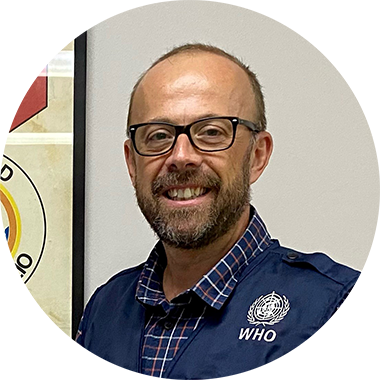
Tarek Ahmed Effat Fahd
Operations Officer – Afghanistan Country Office

Tarek’s father was a role model. He was a public servant and advised and trained governments on how to produce media in several countries. Tarek noticed the difference between stereotypes and people in the real world as his family travelled from country to country. He absorbed his father’s flare for collaborating across cultures and saw the effectiveness of rural community involvement.
Tarek’s career began in project management, where he demonstrated natural negotiation skills and organizational abilities which took him into the sales arena. He worked in private industry until the realities of filling sales targets motivated him to search for a new experience where he could use his cultural knowledge and serve more fulfilling goals. After resigning his global sales job, he chanced on a temporary, entry level procurement job at WHO’s regional office in Cairo. Seeing an opportunity to do something with real impact, he ignored the low grade of the job and jumped straight in. Coming from a competitive private industry meant he was used to landing on his feet in adverse conditions with high performance expectations and he quickly picked up the operational skills needed when procuring goods and services in a public organization. He proved himself using his industry born ability to meet targets, on several missions, often working in difficult and complex conditions.
People don’t think of procurement as a key part of the health agenda, but, on the ground, when a country’s infrastructure is damaged by an earthquake, flooding or conflict, governments need help to provide basic health care and stop disasters escalating further. Tarek sees the ability to get critical goods to where they are needed as key to alleviating suffering and contributing to WHO’s overall mission.
Tarek stresses the need for a team effort to be able to achieve success, particularly in the most challenging missions. In some larger emergency response situations, WHO will take the lead but may bring in several other agencies to handle different aspects of an earthquake, a flood or an outbreak. This is known as the OneUN and the process will mobilize several governmental agencies to work together in their own areas. An example may be WHO taking the lead in a health emergency and providing equipment, UNICEF providing the cold chain vaccination services and WFP working on logistics.
Tarek can recall dozens of projects that required creative thinking to fulfill the assessed needs. From investigating the many local procurement opportunities to using global supplier searches and networks for re-building health facilities, oxygen plants, solving transport issues, buying hospital equipment and medicines along with all types of services to meet the health targets, all of which have to be done within WHO’s strict financial rules and regulations. He asks his team to think responsibly about the project outcome. He recalls coaching team members on a new rural clinic project that had required a mains water pipe; they procured a water pump and filters and used the near-by river water to solve the issue.
Tarek sees the need for teamwork, for governmental partnerships and for multi-agency approaches and he knows when to act and when to sit down to listen to the local knowledge to get a job done.
Tarek took on every mission proposed to him and met all of the new cultural settings without pre-judgement, as he had experienced with his father as a child. In 2018 Tarek applied for an Operations Officer roster, was accepted and offered a position in WHO Afghanistan country office in Kabul where he found a well-established office with almost 130 dedicated and experienced staff. In his current role as Operations Officer he is responsible for procurement, IT, finance and administration and has a team of drivers due to the on-going security situation. He also oversees hundreds of contractors hired for national immunization campaigns and disease monitoring.
The Kabul office, where Tarek works is not the only office in Afghanistan. There are also 8 sub-offices which operate in rural areas and support the primary health care clinics. Work in these settings has its own set of challenges due to the remote location and underlying conflicts but they provide essential services for some of the most vulnerable Afghani people. Tarek always engages with the local elders in communities where WHO has projects; he notes that with their input, his team have a better understanding of the needs and without it, the projects risk failure. He finds it fulfilling to include them and gain their trust. In return they help WHO, by advocating the use of the clinics in the community and WHO are accepted as their partners.
Health systems and infrastructure are critical to WHO’s mission to provide health for all. When the infrastructure is damaged or non-existent, WHO works with the government ministries to procure and rebuild it. Where internal conflicts put up barriers, NGO’s can fill the gaps to get to the most vulnerable populations. Tarek sees the need for team work, for governmental partnerships and for multi-agency approaches and with his growing experience, he knows when to act and when to sit down the listen to the local knowledge to get a job done. What is so inspiring about Tarek is that failure to meet the target, is simply not an option. “There are challenges,” he says. “Sometimes when the governments cannot solve the problems we meet, we have to think again, find another way to achieve our goals... we will never give up” and it is quite clear, that he won’t.

